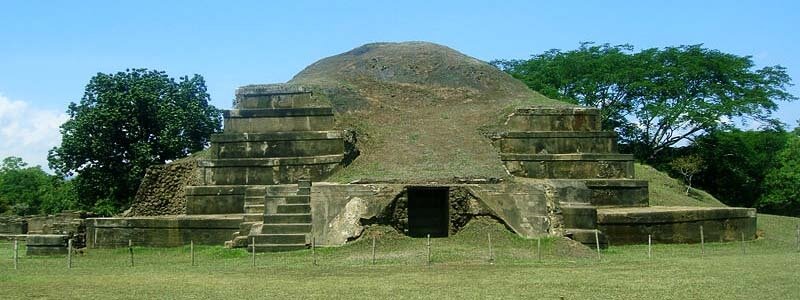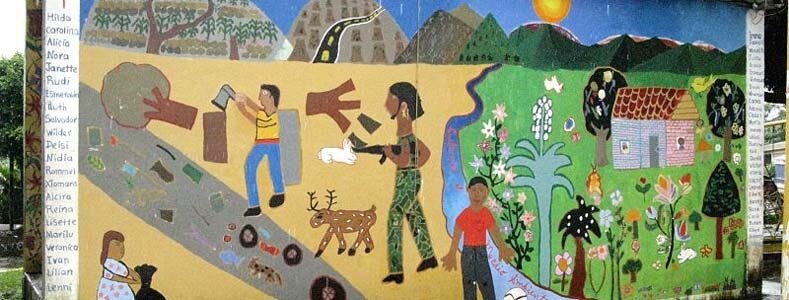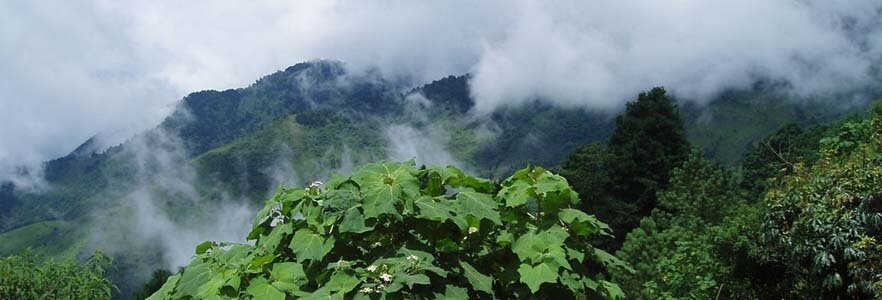- Error
-
- XML Parsing Error at 1:221. Error 73: > required
Our Goal
In an effort to serve our international communities.
our online web site will narrate Salvadoran Culture & History as it is being re-discover by current efforts by multiple Universities around the world. The website will serve as an online portal to learn and educate our world communities about Salvadoran Culture and History.
Our small country of El Salvador has had a violent and turbulent history, in which it has lost the root culture that existed from pre-columbian times & there after. Since the birth of El Salvador in history, it has been tormented with civil wars which have led to the migration of its citizens around the world. Today, there are over 6 Million Salvadorans in the country El Salvador and over 3.2 Million living abroad (Salvadoran Minister of Foreign Relations, 2005). Over 50% of the Salvadoran live outside their country.
Featured Photos
Recent News
Velasquez stars as Italy crash out (5-6)
El Salvador pulled off a tremendous upset, sending tournament hosts Italy crashing out at the quarter-final stage after a 6-5 victory in extra time at the FIFA Beach Soccer World Cup. Buoyed by a superb performance from Frank Velasquez, the Salvadorans, who, prior to this occasion had never progressed out of the group stage, stamped their place in the semi-finals.
El Salvador Culture
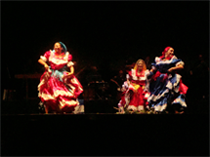
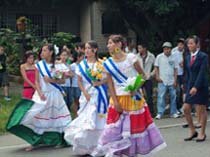
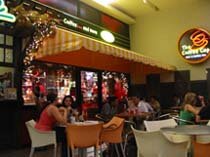
Mestizo culture dominates the country heavy in Native American Indigenous and European Spanish influences. A new mix of population began as a result of the European settlers intermixing at great extent with the native Mesoamericans population of Cuzcatlan. The Catholic Church plays an important role in the Salvadoran culture. Archbishop Oscar Romero is a national hero for his role in resisting human rights violations that were occurring in the lead-up to the Salvadoran Civil War. Significant foreign personalities in El Salvador were the Jesuit priests and professors Ignacio Ellacuria, Ignacio Martín-Baró, and Segundo Montes, who were murdered in 1989 by the Salvadoran Army during the height of the civil war.
Painting, ceramics and textile goods are the main manual artistic expressions. Writers Francisco Gavidia (1863–1955), Salarrué (Salvador Salazar Arrué) (1899–1975), Claudia Lars, Alfredo Espino, Pedro Geoffroy Rivas, Manlio Argueta, José Roberto Cea, and poet Roque Dalton are among the most important writers to stem from El Salvador. Notable 20th century personages include the late filmmaker Baltasar Polio, female film director Patricia Chica, artist Fernando Llort, and caricaturist Toño Salazar.
Amongst the more renowned representatives of the graphic arts are the painters Augusto Crespin, Noe Canjura, Carlos Cañas, Julia Díaz, Mauricio Mejia, Maria Elena Palomo de Mejia, Camilo Minero, Ricardo Carbonell, Roberto Huezo, Miguel Angel Cerna, (the painter and writer better known as MACLo), Esael Araujo, and many others. For more information on promiment citizens of El Salvador check the List of Salvadorans.


